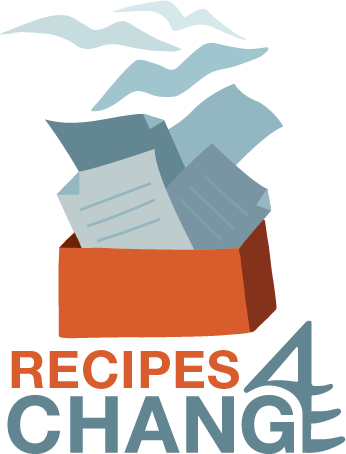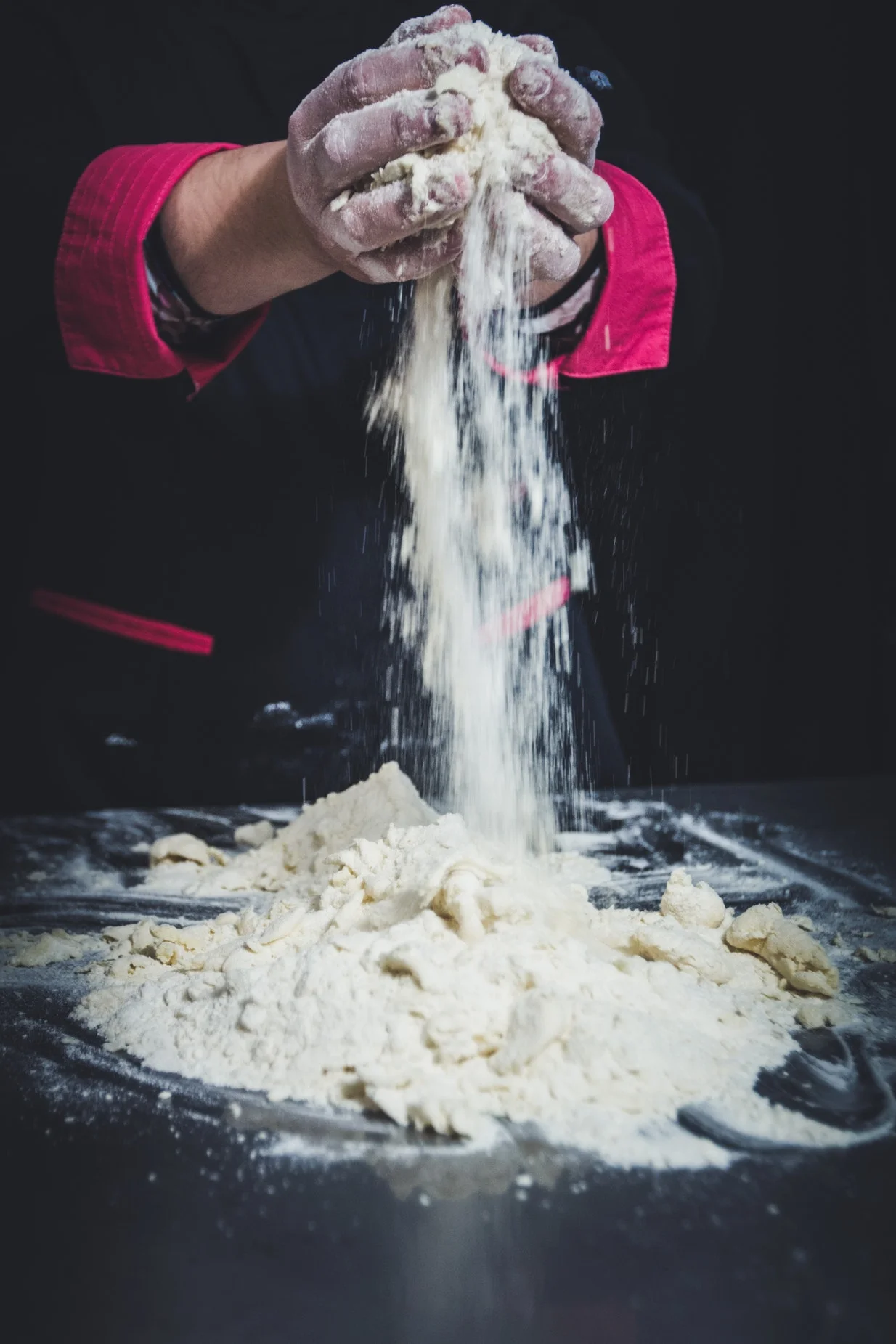Recipes For Change
Recipes. Do they only relate to the food we eat? In my experience as a pharmacist, mother and now a Master practitioner of NLP, Hypnosis and Time Line Therapy, recipes play an important role in our lives. I would like to share with you the most important recipes of all: Recipes for Change.
My friends tell me that I am a reasonably good cook. That is surprising as I vividly recall the first ever recipe that I attempted to cook. It was for Jellof Rice, the Ghanaian answer to risotto. Needless to say, it went horribly wrong and the flat in Earl’s Court, where I lived at the time, stank for days!
Earlier in my life, during my study as a pharmacist in Liverpool, I came across a different kind of recipes. Those were for medicinal and healing purposes. The less creative and more accurate kind, which meant, that the chance to get it wrong was much smaller. Here, on a weekly basis, I learnt how to make the perfect suppository and the smoothest ointments and creams.
All Change
However, it was much later on in my life that I came across the recipes I referred to above as Recipes for Change. I was in my mid thirties, married and mother to two daughters. We were living in Muscat, Oman, my third posting since being married. In the span of six years I experienced, marriage, pregnancy, giving up a career and moving to three different locations. I thought I was coping well but shortly after the birth of my second daughter I seemed to hit rock bottom and my cry for help at my GP’s eventually lead me to Philip Stevens, an NLP Master Trainer. NLP stands for neuro-linguistic programming.
I went into my first session prepared to tell my life story. I was ready to talk about my mother, my father, my childhood etcetera. To my surprise, Philip, my practitioner, was not interested in any of that.
“NLP is not about the content but about the context, form and process. We are not interested in why you do something but in how you do it?” Philip told me.
I was sceptical at first but after noticing the dramatic positive changes in my behaviour and attitude to life after as little as two sessions, I was intrigued.
I decided to study NLP and did so during the first two years after we moved to The Netherlands. I learnt many things one of which is that we use internal processing strategies for everything we do and that, all our external behaviours are controlled by them. A strategy is any internal or external set of experiences, which consistently produces a specific outcome. For me a strategy resembles a recipe. It consists of certain ingredients, which are then used in a certain sequence to produce a result. To make the perfect sponge cake I need a specific set of ingredients and then I follow a specific sequence of steps to produce a successful cake. If I miss out one of the ingredients, or alter the sequence of steps, my end result will be different.
We use different recipes to produce different types of behaviour. For example my recipe to get myself to the gym in the morning is this: I make sure that I go to bed reasonably early the night before. I avoid having any alcohol and instead drink water. Before I fall asleep I visualize myself getting up in the morning and putting on my fitness clothes, biking to the gym and doing my usual fitness routine, which involves running on the treadmill followed by weight training. I see myself going through the routine and feel the sense of achievement I will get at the completion of the session. I visualize a slimmer and lighter me. Usually this is enough to get me up the next day all motivated to do my fitness routine. This is my personal recipe and it works perfectly for me. Another person might use a different recipe. It doesn’t matter as long as it works.
So we use these strategies, or recipes, for all of our overt behaviours. We have recipes for love, for hate, for learning, for math, for parenting, for sports, for communication, for sales, for marketing, for wealth, for poverty, for happiness, for death, for fear, for sex, for eating, for disease, for creativity, for relaxation, for attention and recipes for fun. There are recipes for everything!
We first develop a particular strategy/recipe when we are young. At an early age, perhaps, we put together a series of internal and external experiences together, and make a decision. At some point when we know that this recipe is working for us we generalize the process we used in making that decision and begin to use it over and over again.
Modelling and Change
This discovery of strategies or recipes has two very important applications: Modelling and Change.
Modelling means taking a recipe that works in one area and applying it to another. For example a person feels motivated at work but not at home. Finding out the recipe this person uses to motivate himself at work and applying it to his home life can make him feel more motivated about home life. You can also model a recipe that another person for example uses successfully to prepare for exams.
This method of modelling can be used to change someone’s strategy or change the recipe if it is not working for him/her. As I said earlier, if an ingredient is changed or a sequence is altered in a recipe then the outcome is different. The same applies to the recipes we use to produce behaviour. Changing the recipe ultimately changes the behaviour. So for example if a person is afraid of the dark then by simply discovering the recipe they make in their brain and nervous system to produce the fear and changing it we can stop him/her being afraid.
In the beginning I had no intention of working with NLP. I studied it out of interest and to self develop. When I finished my Master Practitioner course, a few of my friends and acquaintances started asking me to help them with certain issues in their lives.
“Rawia, I am afraid of flying. Can NLP help me change that?” asked one friend.
“Yes” came my answer. After a two- hour session, this friend went on two weeks later to take a seven hours flight to Oman. Their first flight ever!
“I am so worried about the upcoming birth of my baby. Can you help me feel different with NLP?” piped another friend.
“Yes” came my answer. I was delighted a couple of month later to receive a call from her telling me excitedly that her labour went exactly as we visualized in our sessions together.
Later on through word of mouth, I ended up working with complete strangers who gave me positive feedback following my sessions with them.
The recipes that we create in our minds are so simple yet so profound. Wouldn’t be great to learn to understand those recipes and create the changes we want in our lives?
Photo credit: Jordane Mathieu (unsplash.com)

